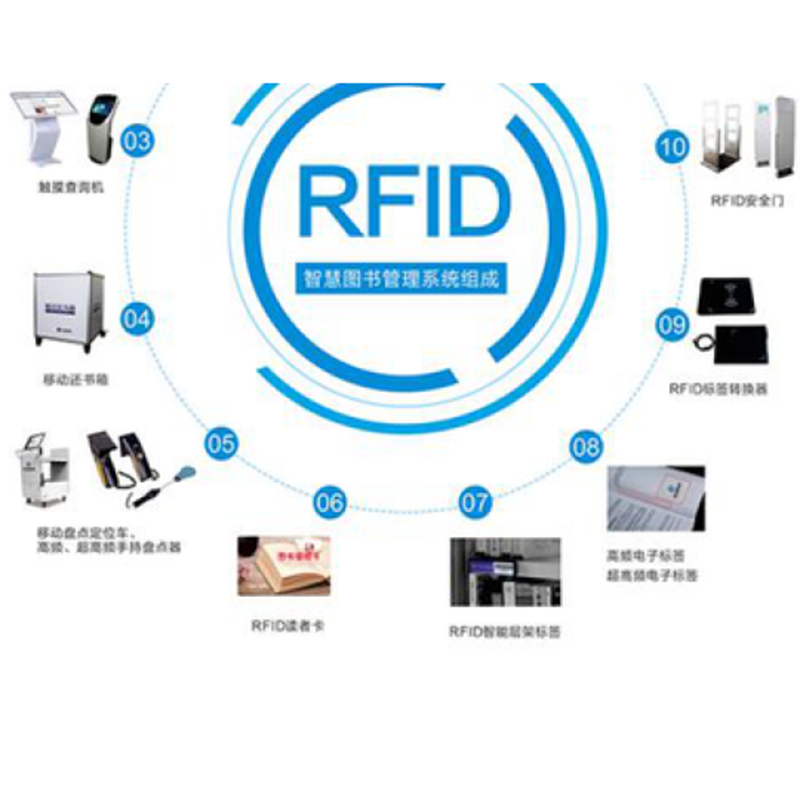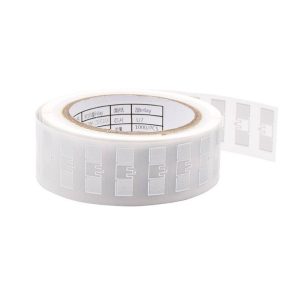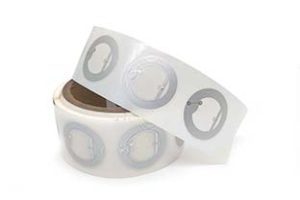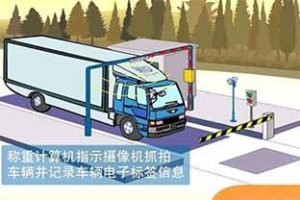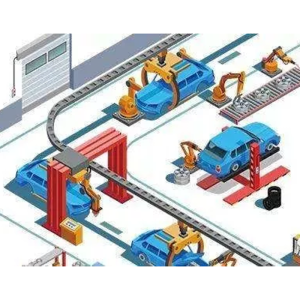RFID Electronic Tags, Characteristics, and Applications of RFID Tag Carriers

RFID tag carriers rely on wireless radio frequency identification to transmit signals, carrying basic data information or IDs of objects in the system coding to record workpieces and related processes.
Characteristics of RFID tag carriers:
1. Designed for industrial use, capable of working in high temperature and high-pressure environments.
2. High real-time data transmission and reliable effectiveness.
3. Basic functions of regular RFID tags, large storage capacity, and long data storage time.
4. Hard material, collision-resistant.
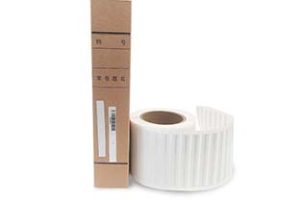
RFID Electronic Tags carriers are widely used in various industrial automation production lines for management, such as industrial command control, intelligent robotic arms autonomous control, process management, mold management, tool management, AGV positioning, anti-counterfeiting tracing, logistics sorting, and production process control. This accelerates production speed, enhances efficiency, enables traceability for each process, and ensures meticulous management.

RFID Electronic Tags, Characteristics, and Applications of RFID Tag Carriers
1. Manage raw materials using RFID tag carriers to track and record all attributes related to each component, including production processes, next procedures, colors, sizes, and even extend to post-assembly numbers, destinations, or custom client information. This enables fine-tuned production based on customer demands, initiating customized production as raw materials flow into manufacturing.
2. Controllers can wirelessly communicate with industrial tag carriers. RFID tag carriers replace existing barcode technology, allowing long-distance and batch reading to avoid visibility constraints of barcodes. They can automatically identify and add quality data at inspection stations, track automated stock in/out processes, automatically recognize sequences, significantly raising production levels, and mitigating errors due to human missteps or omissions. How can RFID tag carriers match RFID industrial readers?
RFID Electronic Tags, Characteristics, and Applications of RFID Tag Carriers
1. RFID industrial readers should include auto-tuning circuits to better adapt to environmental factors.
2. If tag carriers are placed on metal surfaces, anticipate frequency deviations caused by metal.
3. Opt for stable performance and minimal deviation in substrate selection.
4. Harmonize coupling frequencies to intensify coupling and minimize energy loss.
RFID tag carriers excel in the real-time data collection of the smart manufacturing domain from raw material to factory production to sales and customer demand integration. This allows flexible scheduling such as on-time, on-demand, or sequential production, achieving genuine intelligent manufacturing.
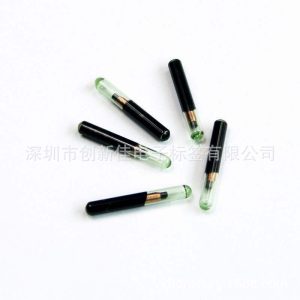
RFID Electronic Tags, Characteristics, and Applications of RFID Tag Carriers
New and existing customers are welcome to inquire; we support small-batch and customized appearances. We offer free 1-on-1 technical consultation! Our R&D center in Shenzhen Guangming Industrial Base has over 3000 square meters with 12+ labs. We welcome inquiries from new and existing customers, supporting small-batch customization and package design. Our strong R&D capabilities make us a reliable manufacturer. For free samples, please contact us at sales@molddl.com.
This article is collected in Baidu Wenku. Our company supports small-batch customization, package design, and OEM manufacturing.


